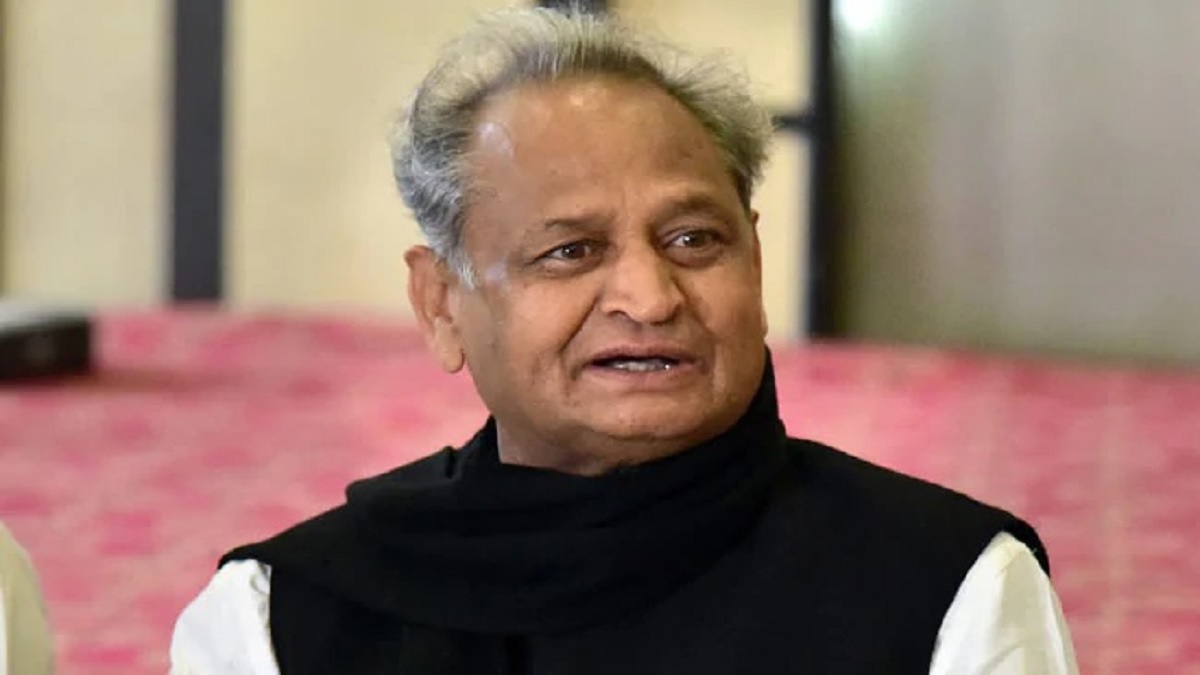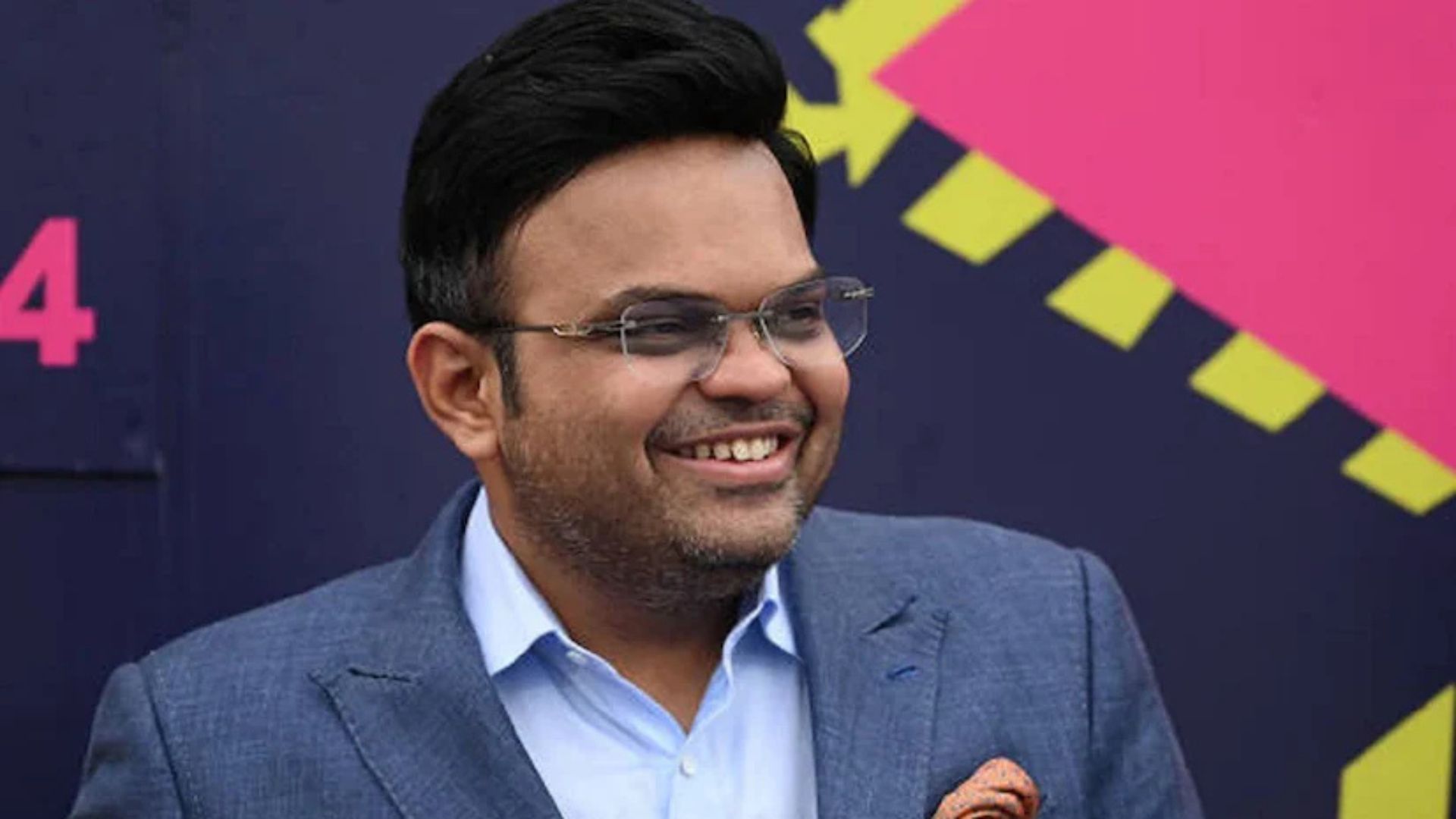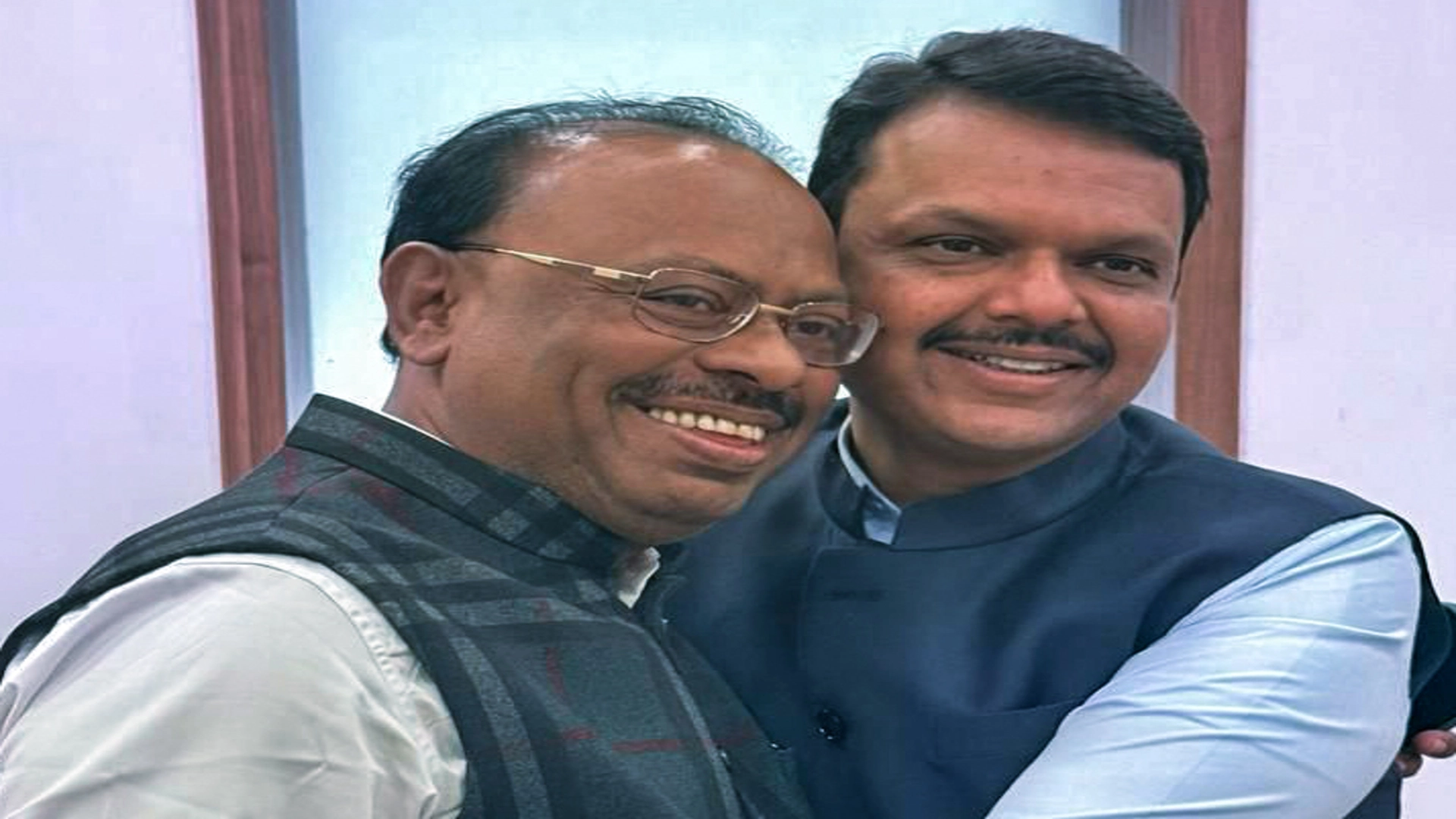
Amid speculations of lockdown extension, Rajasthan Chief Minister Ashok Gehlot spoke to The Daily Guardian on his thoughts on the issue and if an extension is the need of the hour. The CM also batted for partial resumption of commercial activities and demanded financial assistance from the Centre.
Q. In the past 30-35 days, what have you learnt as far as strategies to deal with coronavirus are concerned?
A. As soon as we started receiving news about the spread of coronavirus globally, we started preparing for the pandemic. We held discussions with various stakeholders. We spoke to experts, from doctors to retired specialists. Similarly, a meeting was conducted with social activists and religious leaders. We told the religious leaders to tell their followers to offers prayers and namaz from their homes. If at all any prayer has to be offered in a mandir or namaz offerings have to made at a mosque, they must be handled by religious priest and authorities only. The religious leaders accepted our request and hence social and some other provisions. The UN body said nearly 436 million enterprises — which include businesses as well as self-employed ones — face “high risks” of disruption. This indicates the extent of policy measures that will have to be taken by the government in the next few weeks and even months. While the first set of measures — in terms of access to food and direct benefit transfer — does address some of the primary concerns of hunger and starvation, issues related to loss of livelihoods persist. The gradual lifting of restriction to start manufacturing activity, coupled with adequate policy measures, will be the key. Worst-hit sectors right now are manufacturing, travel and tourism which have the potential to create many jobs and wholesale and retail trade. Another worrying trend the ILO highlighted was the decline in the total working hours in the second quarter — expected to be 10.5 per cent, which is equivalent to 305 million full-time jobs, as compared with last precrisis quarter. The previous ILO estimate on April 7 has said disruptions would wipe out labour equivalent to the effort of 195 million workers, or 6.7% of hours clocked worldwide. In three weeks, the ILO has revised downwards its own projection about how wages are likely to be hit. Full recovery will depend on how soon the economy picks up in second half of the fiscal year. The medical fraternity is striving hard to find a vaccine, but economists and policymakers don’t have the option of waiting till then.













